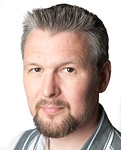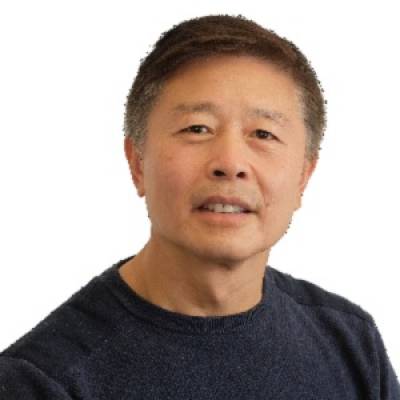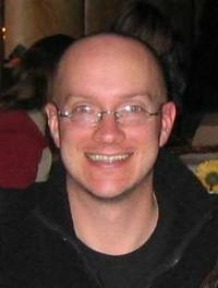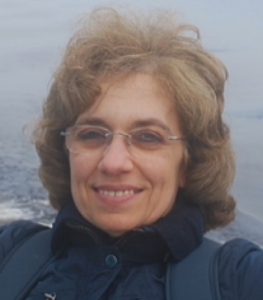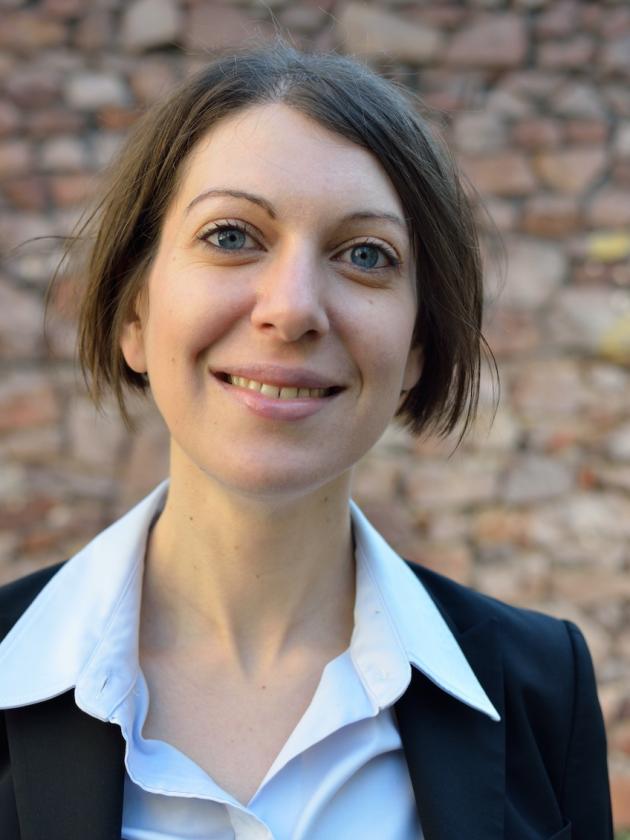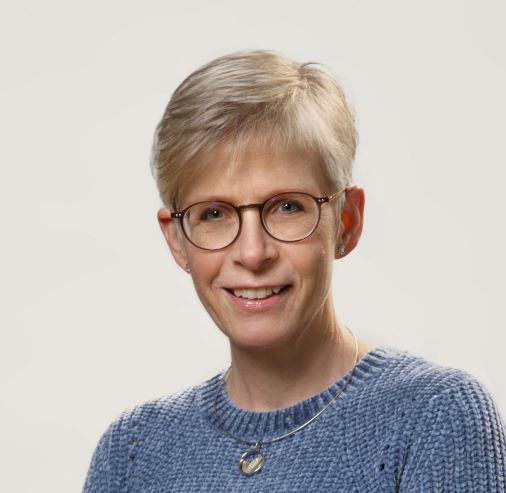Invited speakers
We are very proud to present our six invited speakers, who will have two workshops, and give four talks at the conference.
Workshops
Creating pronunciation training content for your language of interest – A hands-on workshop
Jacques Koreman
Department of Language and Literature, Norwegian University of Science and Technology (NTNU)
Jacques Koreman is a Professor of Phonetics at the Norwegian University of Science and Technology. He has a special interest in multilingual pronunciation training, for which he developed the Computer-Assisted Listening and Speaking Tutor (CALST) for English and Norwegian together with his colleagues. In the EU-project easyRights, which aims to facilitate migrants’ integration in Europe, CALST has been extended with Greek, Italian, and Spanish. Several native languages spoken by the migrants have been integrated into L1‑L2map, a system for language comparison which is used to tailor the exercise selection in CALST by identifying possible pronunciation challenges.
Abstract
WHY?
A foreign accent can lead to lower intelligibility or comprehensibility (Munro & Derwing, 1995). This can have negative consequences in communication (Lev-Ari & Keysar, 2010). Nevertheless, pronunciation is often a neglected area in language courses (Foote et al., 2016). For this reason, we have developed online online pronunciation training to complement classroom teaching. ... Full abstract
Computational tools for studying speech prosody
Yi Xu
Department of Speech, Hearing and Phonetic Sciences, University College London, UK
Yi Xu is Professor of Speech Sciences at University College London. His research covers tone, intonation, segment and the syllable. He has also done work on auditory feedback in speech production, emotional prosody, and short-term memory in reading. His early work on lexical tones in connected speech has led to the Target Approximation model, which was then extended to the Parallel Encoding and Target Approximation (PENTA) model for intonation. His most recent work is on the computational simulation of phonetic acquisition both segmental and tonal articulation.
Abstract
This workshop will introduce a set of computational tools for studying speech prosody. ProsodyPro and FormantPro are Praat scripts for systematic analysis of large amount of speech data, and they generate detailed pitch, duration, intensity, formant and voice quality measurements. qTA, qTAtrainer and PENTAtrainer are Praat- or Javascript-based modelling tools for analyzing, modelling and manipulating speech prosody. Both sets of tools can be used for research and teaching purposes.
Keynote Talks
Forensic speech science needs forensic phoneticians
Paul Foulkes
Department of Language and Linguistic Science, University of York
Paul Foulkes (/faʊks/!) is a Professor in the Department of Language and Linguistic Science at the University of York. His research interests combine forensic speech science, sociophonetics, and child language development. His main interest is in understanding variation in speech and what this tells us about the cognitive representation of language.
Abstract
Forensic speech science (FSS) is a rapidly evolving field. The most prominent goal of FSS is to establish how individual voices differ from one another. This is of vital importance in forensic speaker comparison cases, which typically require analysis of a voice recorded during a crime (e.g. bomb threats) and comparison with the voice of a suspect (usually recorded in police custody). Comparison of voices is far from straightforward, as anyone trained in phonetics will understand: the voice is highly plastic, affected by many factors relating to the individual (e.g. speech style, health, emotion) and the environment (e.g. background noise, telephone transmission). In short, no two speech samples are ever identical. ... Full abstract
Developing prosody in typical and atypical language acquisition
Sónia Frota
School of Arts and Humanities and Center of Linguistics, University of Lisbon
Sónia Frota is Professor of Experimental Linguistics, Director of the Lisbon Baby Lab, and Scientific Coordinator of the Center of Linguistics of the University of Lisbon. Sónia’s research and publications focus on prosody in language, and on early speech perception and language development in typical and atypical populations. She has recently directed two language acquisition projects with clinical applications, Early Language Development in Down Syndrome, and Predictors of Language Outcomes. With her colleagues at the Lisbon Baby Lab, she has developed a number of resources and tools for the screening of early language development, including the acquisition of prosody.
Abstract
Infants’ early sensitivity to the prosodic properties of speech is well documented, and has supported the view that infants are equipped with an input processing mechanism initially tuned to prosodic information. In addition, prosody has been suggested to bootstrap the learning of language. Although the precocious sensitivity to prosody and its potential to facilitate... Full abstract
Revisiting second language pronunciation teaching and assessment: Constructs, compatibilities, contradictions, cross-fertilization
Talia Isaacs
IOE—UCL’s Faculty of Education and Society, University College London, UK
Talia Isaacs is an Associate Professor of Applied Linguistics and TESOL and Programme Leader for the MA TESOL In-Service at the IOE—UCL’s Faculty of Education and Society, University College London. With wide-ranging research interests in applied linguistics and TESOL, she is perhaps best known for her work on assessing second language speaking (pronunciation), particularly in relation to construct validity and scoring. Alongside her research and teaching, Talia serves on the TOEFL Committee of Examiners, advised on revisions to the CEFR Phonological control scale, and was core adviser to the OECD for questionnaire development for PISA’s 2025 foreign language assessment.
Abstract
Second language (L2) English pronunciation teaching and assessment research has undergone major shifts over the past few decades. Pronunciation instructional goals and assessment targets have been revamped and rebranded, resulting in growing prominence and uptake in applied research and classroom and assessment settings. However, with accuracy- and intelligibility-focused constructs persisting, co-existing... Full abstract
Speaker’s comfort or listening effort? – On the interaction of the speaker, the classroom’s sound environment and the students’ learning
Viveka Lyberg Åhlander
Speech Langue Pathology, Åbo Academy
Viveka Lyberg Åhlander is a certified speech therapist. She is Professor of Speech Therapy at Turku Akademi University, Turku, Finland and Associate Professor at Lund University. Lyberg Åhlander has extensive experience of clinical work with patients with voice disorders and her research questions have largely sprung from clinical reality. Lyberg Åhlander's research focuses on voice and voice problems, and on how the speaker's voice quality and communication affect the listener's understanding of the message. Lyberg Åhlander has designed and led/participated in two research projects studying the effects of workplace-based interventions aimed at strengthening teachers' communication. She is currently heading a project based on the assumption that the proportion of healthy older people is increasing and that more people want to be active in later life. This research examines the conditions and challenges for voice and communication in generally healthy older people with the broader aim of understanding how older people can be supported to remain active participants in work and leisure. Lyberg Åhlander is also involved in the Singing Health in Schools project, which investigates the effect of daily singing on children's language development, concentration and well-being.
Abstract
Research, as well as experience, tell us that it is harder to concentrate and learn in a noisy environment. It is also known since long that the teaching occupation is voice demanding and that many consider voice problems an occupational hazard that is an inevitable part of the job. Meanwhile, the classroom is often a noisy space affecting both the speaker’s comfort as well as the listeners’ effort in hearing and understanding. The presentation will cover research performed within the crossdisciplinary research environment of Cognition Comprehension and Learning at Lund University. The focus will be the interaction of the speaker’s speech, voice quality, the listeners’ learning and the effect of the room on students and the teacher.

